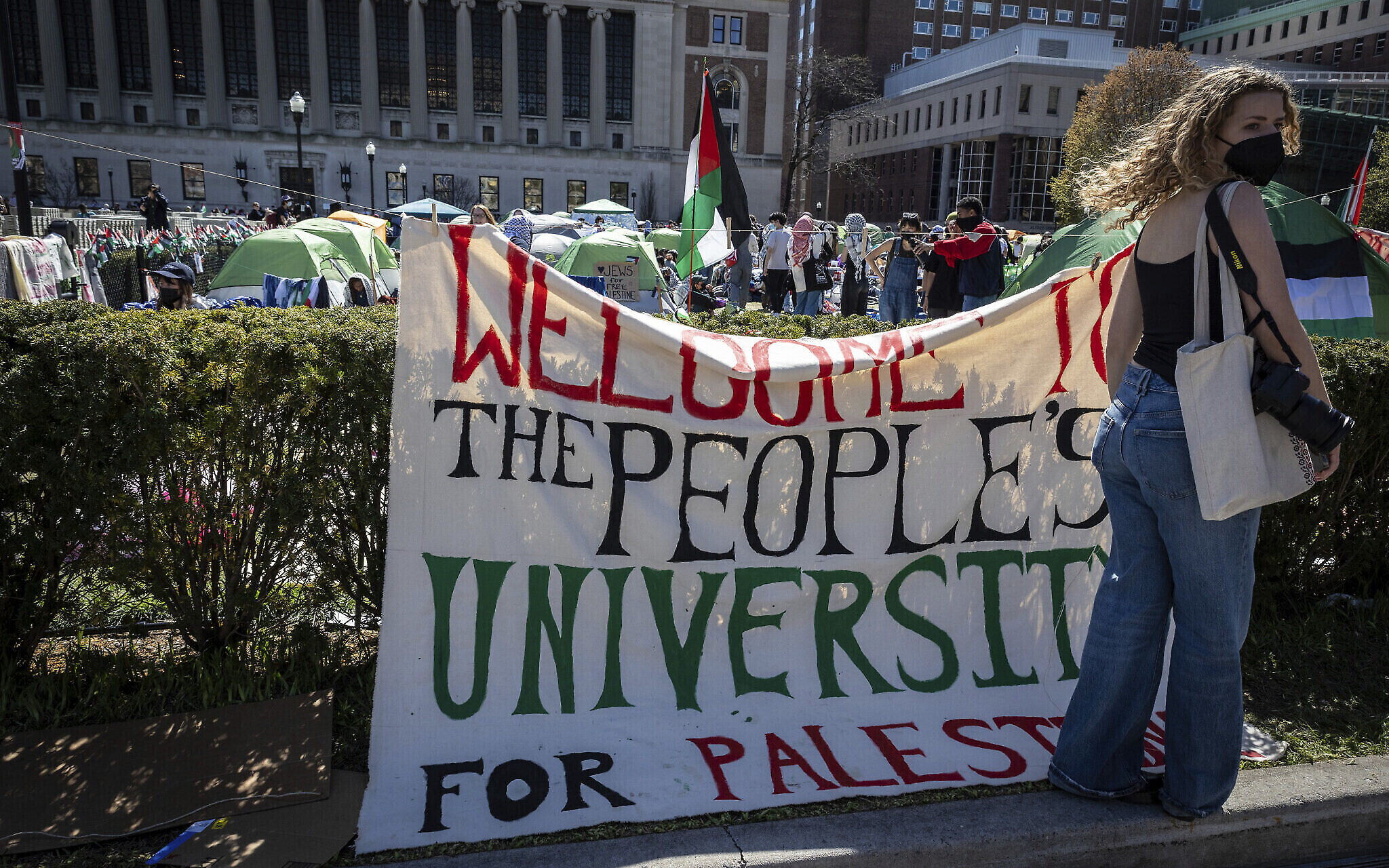Protests against Israel have spread across college campuses, sticking around even three weeks after they first erupted at Columbia University.
Since April 18, over 2,600 individuals have been arrested across 50 campuses. These protesters demand their schools sever all ties with Israel due to its actions in Gaza.
University administrators have responded in various ways. Some, like UT Austin and Emory University, swiftly cracked down, while others have been more patient. However, patience is wearing thin as some protesters become more confrontational. At George Washington University, for example, anti-Israel demonstrators even called for “guillotining” school administrators.
Campus responses have ranged from appeasement to threats of disciplinary action to quell the protests ahead of upcoming graduations.
Here’s a look at how some universities are changing their approach:
University of Chicago: Initially tolerant, the University of Chicago eventually warned protesters to leave or face removal. Law enforcement dismantled the encampment after a scuffle, prompting University President Paul Alivisatos to defend freedom of speech while also asserting that disruptive protests cannot be allowed to dominate campus life.
University of North Carolina, Chapel Hill: Instructors opposing the suspension of student protesters have threatened to withhold grades. The school’s provost’s office vowed sanctions against instructors who improperly withhold grades.
Massachusetts Institute of Technology (MIT): Protesters at MIT were given a deadline to leave voluntarily or face suspension. Many left, but some remained, leading to interim suspensions and disciplinary actions to ensure community safety.
Other Approaches: Some schools, like Rhode Island School of Design and Wesleyan University, have taken a more permissive stance, affirming students’ rights to freedom of speech and assembly. Wesleyan’s president even commended the on-campus demonstration. However, some protesters feel this attitude isn’t sufficient, fearing forcible removal as commencement approaches.
Batya Kline, a graduate student at Wesleyan, expressed skepticism about the university’s apparent tolerance, predicting a change in attitude without warning.















































